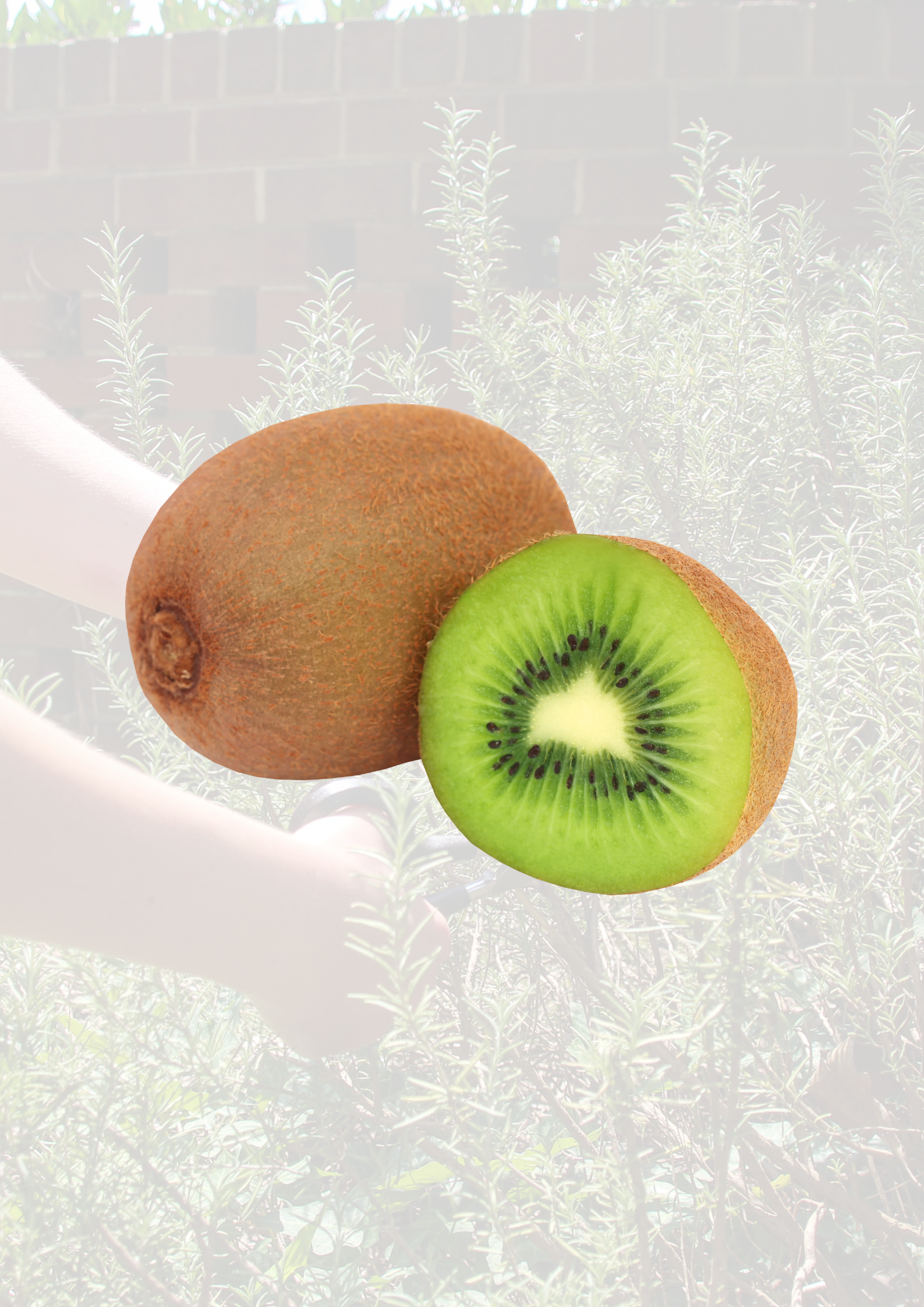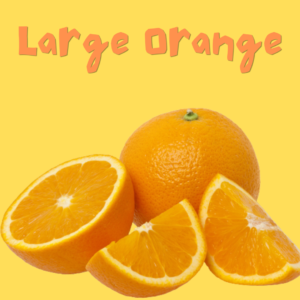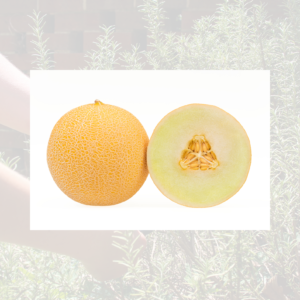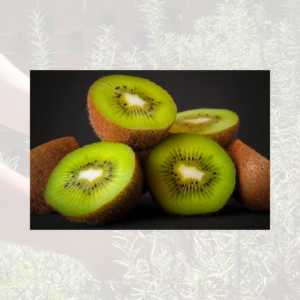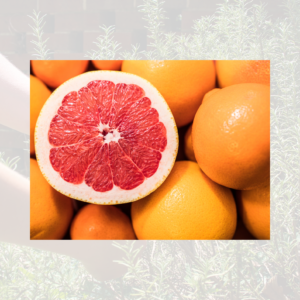Description
Indulge in the vibrant flavor of our green kiwi, with its tangy-sweet taste and juicy flesh perfect for snacking, adding to fruit salads, blending into smoothies, or garnishing desserts for a refreshing finish. Available in our Local Farm Shop in Bellaghy, Mid Ulster Area.
🥝 Green kiwifruit, also known as Actinidia deliciosa, is a vibrant subtropical fruit celebrated for its tangy-sweet flavor and impressive nutritional profile. Here’s a closer look at what makes it so special:
🌿 Physical Characteristics
- Shape & Size: Oval to oblong, typically 5–7 cm long and weighing 70–100 grams.
- Skin: Thin, taut, and covered in stiff brown hairs with variegated shades of green and gold.
- Flesh: Bright green with tiny edible black seeds arranged in a radiating pattern around a pale yellow-white core.
- Texture: Juicy, tender, and slightly grainy with a refreshing bite.
🍬 Flavor Profile
- Taste: A lively mix of sweet, tangy, and acidic notes with subtle tropical undertones.
- Aroma: Fragrant and fruity when ripe.
🧬 Nutritional Highlights
- Vitamin C: Exceptionally high—over 180% of daily value per cup.
- Fiber: Supports digestion and gut health.
- Potassium & Magnesium: Help regulate fluid balance and nerve function.
- Vitamin K, E, and Folate: Support immunity, skin health, and cell repair.
- Polyphenols & Antioxidants: Combat oxidative stress and inflammation.
🍽 Culinary Uses
- Raw: Sliced, scooped, or peeled for snacking.
- Desserts: Used in cakes, puddings, mochi, and even dipped in chocolate.
- Savory Dishes: Chopped into salsas, served with seafood, or blended into marinades (thanks to its natural meat-tenderizing enzyme).
- Drinks: Blended into smoothies, juices, and cocktails.
🌍 Origins & Cultivation
- Native to China, where it was once called “Sunny Peach” or “Macaque Fruit.”
- Introduced to New Zealand in the early 20th century, where it was renamed “Kiwifruit” after the fuzzy national bird.
- Grown globally today, with major producers including China, New Zealand, Italy, and Chile

